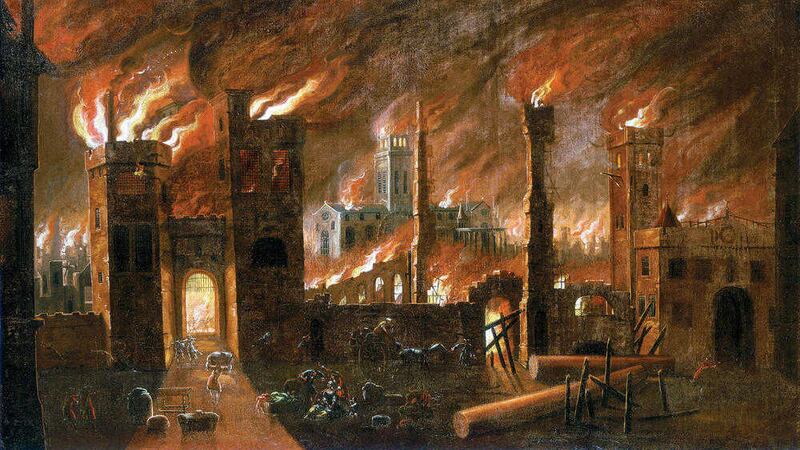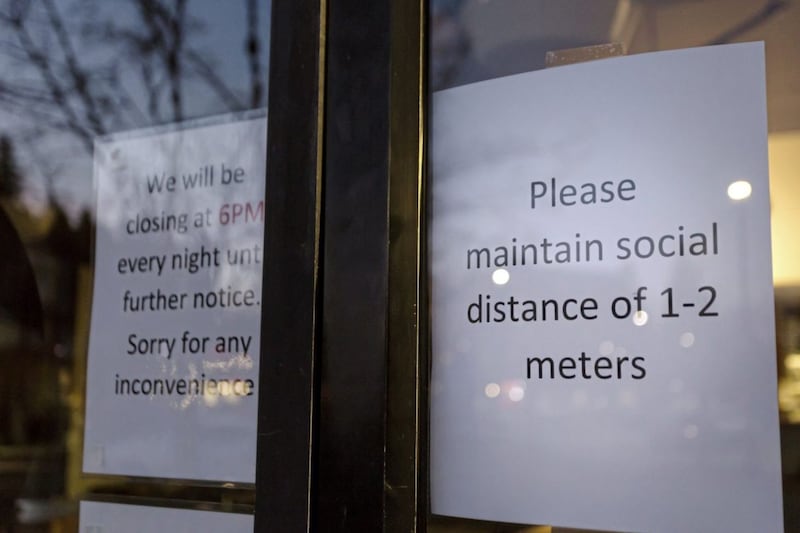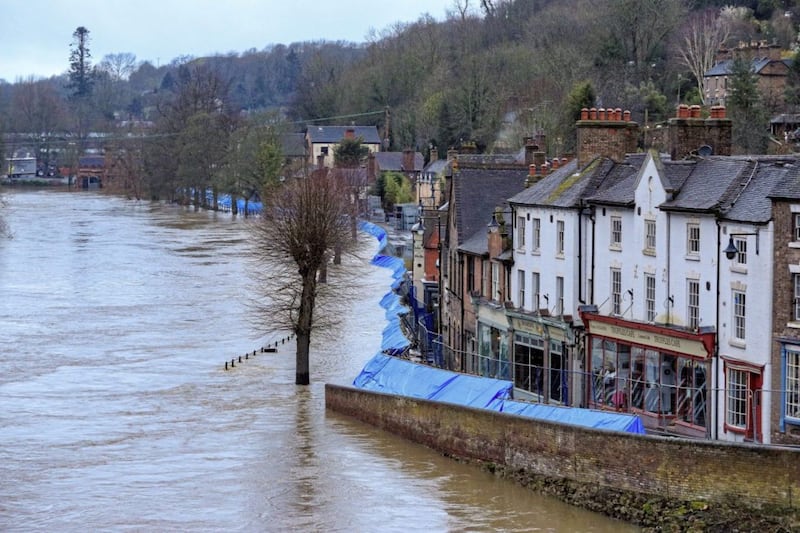FIRES have always been one of the most evocative natural disasters and their impact can endure in the collective memory for generations.
What schoolboy, for instance, doesn’t know about the Great Fire of London which commemorates its 350th anniversary this month? Less well known, however, is the role of the Great Fire in establishing the modern insurance industry and the first corporate fire policies.
Back then insurance companies managed their own fire brigades dedicated to serving only their own customers. Thankfully things have evolved considerably and the industry’s energies have been better spent developing sophisticated insurance policies for issues such as Business Interruption rather than physically fighting fires.
One reason why the Great Fire of London holds such fascination is its sheer devastation. The fire destroyed much of the medieval City of London, including 13,200 houses, 87 parish churches and St. Paul’s Cathedral. Up to 70,000 of the city‘s 80,000 citizens were left homeless. Damage was estimated at £10m at a time when the city’s income was just £12,000.
In response the first insurance company was set up by Nicholas Barbon in 1667 – the aptly named Fire Office. For businesses today, putting cover in place for natural disasters such as fire is a given, but unlike 1667, the range of business insurance options has improved beyond measure.
Property insurance, however, only covers the cost of physical loss or damage, not lost income. What would you do if your business was out of action for several months while property was being rebuilt and stock, machinery and equipment were repaired or replaced? Would you survive if your cash flow was disrupted for a prolonged period? If not, 'business interruption insurance' is for you.
According to the Insurance Information Institute, more than 25 per cent of all businesses which close down following a disaster never open again. For that reason I believe that business interruption insurance is one of the most, if not the most, valuable covers available. Remarkably, it is still often overlooked by business.
Managing the risk of lost income can be met by adding business interruption insurance to your existing property or office insurance. It provides compensation for lost income if your business is forced to vacate its premises as a result of disaster-related damage. It will also provide compensation for gross profits that would have been earned should the disaster not have happened.
The cover will also extend to operating expenses, such as utilities, that must be paid even though operations have temporarily ceased.
Another important consideration is the cost of moving to and setting up temporary premises. For anyone who has gone through the trauma of moving business the common refrain is that the cost (and stress!) is invariably more than anticipated. It doesn’t take long for the bills to add up: increased rent, moving and hooking up new phones and computers, employee overtime and moving costs all need to be accounted for.
The policy can be extended to provide indemnity for the time it takes to win back business which has been lost to competitors during your period out of action. You may be back up and running, but, depending on your sector, it can take time to win back those lost orders.
Another extension of the policy is contingent business interruption, designed to cover the loss of income your business incurs due to a property loss at a key supplier or customer location. It’s not just risk to your own business which needs consideration. If you have a principal supplier whose premises are destroyed by fire, where does that leave your customers and your cash flow?
As an insurance area, business interruption need careful consideration, requiring data about previous and predicted financial performance, payroll and estimates of how long it might take to get back into business.
Fortunately, as policies have become more sophisticated since 1667, so too has the professionalism of insurance advisers. Given this 350th anniversary of the Great Fire, perhaps now would be a good time to ask just how ‘fire-proof’ your business is?
:: Michael Blaney is managing director of Autoline Insurance Group (www.autoline.co.uk)








